Young people today deal with a lot, with many facing mental health challenges earlier than most people realize—between the ages of 12 and 25.
“They’re not the same as they were 20 years ago,” says Dr. Steve Mathias, the Co-Executive Director of Foundry BC. “They understand the importance of mental health more and more.”
According to Mathias:
- 75% of mental illnesses appear by the age of 25
- 80% of problematic substance use will present by the age of 20
Young people are more ready than you think
When it comes to talking about mental health, today’s youth are ahead of the curve.
Dr. Mathias, who often speaks with teenagers—including his three daughters—has seen a clear generational shift. While some older Gen Zs and millennials might still feel unsure about reaching out, younger teens seem much more comfortable with the idea of talking to a professional.
“It may surprise some people,” he says, “but it may be more uncomfortable for some grandparents and parents to speak about it than it is for the young people to hear about it.”
Why the change? For one thing, mental health is being discussed more openly in schools. Empathy is taught in classrooms, and kids today are growing up with more emotional vocabulary and awareness than previous generations.
“Our young people are much more aware than we even know they are,” Mathias says.
That doesn’t mean they always know where to go for help. Sometimes, all it takes is opening the door—literally or metaphorically. It might be sending them a link, showing them an app, or letting them know anonymous, confidential services exist.
He adds that while we’ve done a lot to reduce the stigma around mental health and substance use, the next big step is normalizing the act of asking for help. He noticed that many still don’t reach out, believing their problems will fix themselves.
“We need to de-stigmatize help-seeking,” Mathias says. “And that’s something we can all role model better as older adults.”
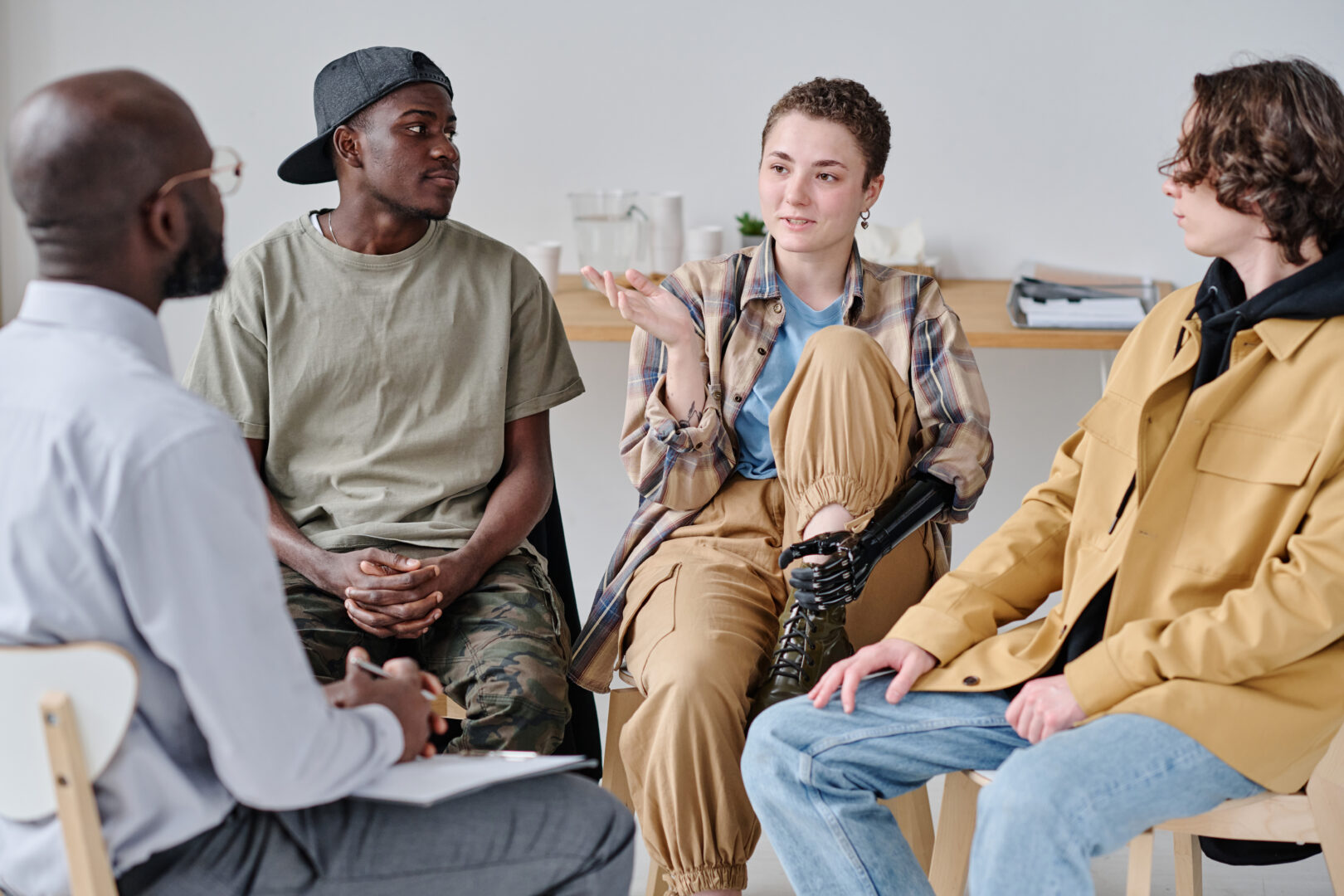
Integrated Youth Services in Canada
Foundry began in British Columbia as a new way to offer mental health, physical health, and social support to youth. It opened its first centre in downtown Vancouver in 2015.
Dr. Mathias says it all started with a simple concept, “a friendly door that young people could enter, knowing that they could get the help they needed when they needed it.”
Locations across BC now offer walk-in counselling, peer support, physical and sexual health services, and help with housing, education, and employment—all under one roof. Foundry’s success inspired the creation of Integrated Youth Services (IYS) across the country. These centres follow the same model—easy access, walk-in counselling, youth-friendly branding, and support for everything from mental health to school stress to housing.
The power of peer support
For many young people, opening up to an adult can feel intimidating. Dr. Mathias says youth often look up to older peers—especially those just a few years ahead, like Grade 11 and 12 students or first-year university students.
“The power of young men with lived experience speaking to other young men is really important,” Mathias says.
Most providers in the Integrated Youth Services (IYS) network across Canada – including Foundry – offer peer support. This allows youth to speak to someone closer to their age who can relate to what they’re going through.
Whether it’s anxiety, relationship issues, or just feeling stuck, peer supporters can offer empathy, encouragement, and help navigating the complexities of life.
No cost, no referral, no pressure
One thing that sets IYS providers across Canada apart is how easy it is to get support.
There’s no need for a doctor or school referral. Youth can walk in, book a virtual appointment, or use the app (where available).
Everything, including counselling sessions, peer support, help with housing, and sexual health services, is free for youth. That makes it easier to take the first step without worrying about money, paperwork, or waiting lists.
IYS providers across Canada
- Kickstand in Alberta
- Foundry in BC
- Huddle in Manitoba
- Choices for Youth in Newfoundland and Labrador
- IYK Health in Nova Scotia
- Youth Wellness Hubs in Ontario
- Homebase in Saskatchewan
- Aire ouverte in Quebec
- Centres coming soon: New Brunswick, Nova Scotia, Nunavut and PEI
The names are different, but the goal is the same: to give youth a place to go when they need help with no judgment, red tape, or need to “have it all figured out.”
You don’t have to wait for things to get worse. There’s help when you need it. And someone ready to listen.

No-Cost Counselling
Access three virtual counselling sessions at no cost through TELUS Health MyCare™. Available to men in BC, AB, ON and QC without extended health benefits.
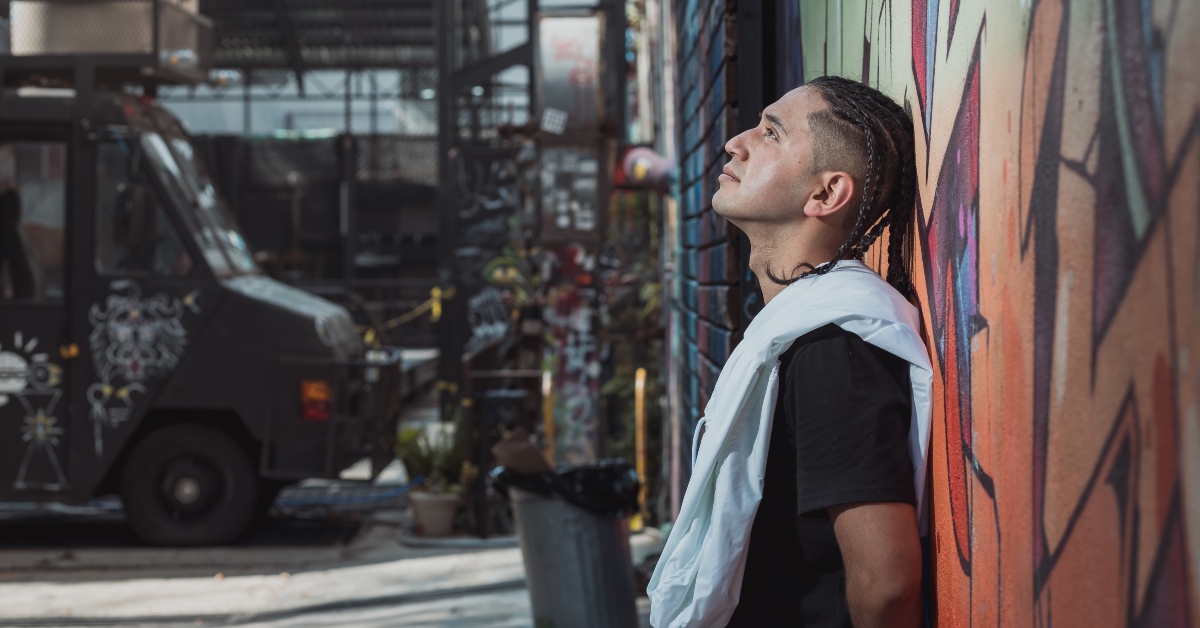
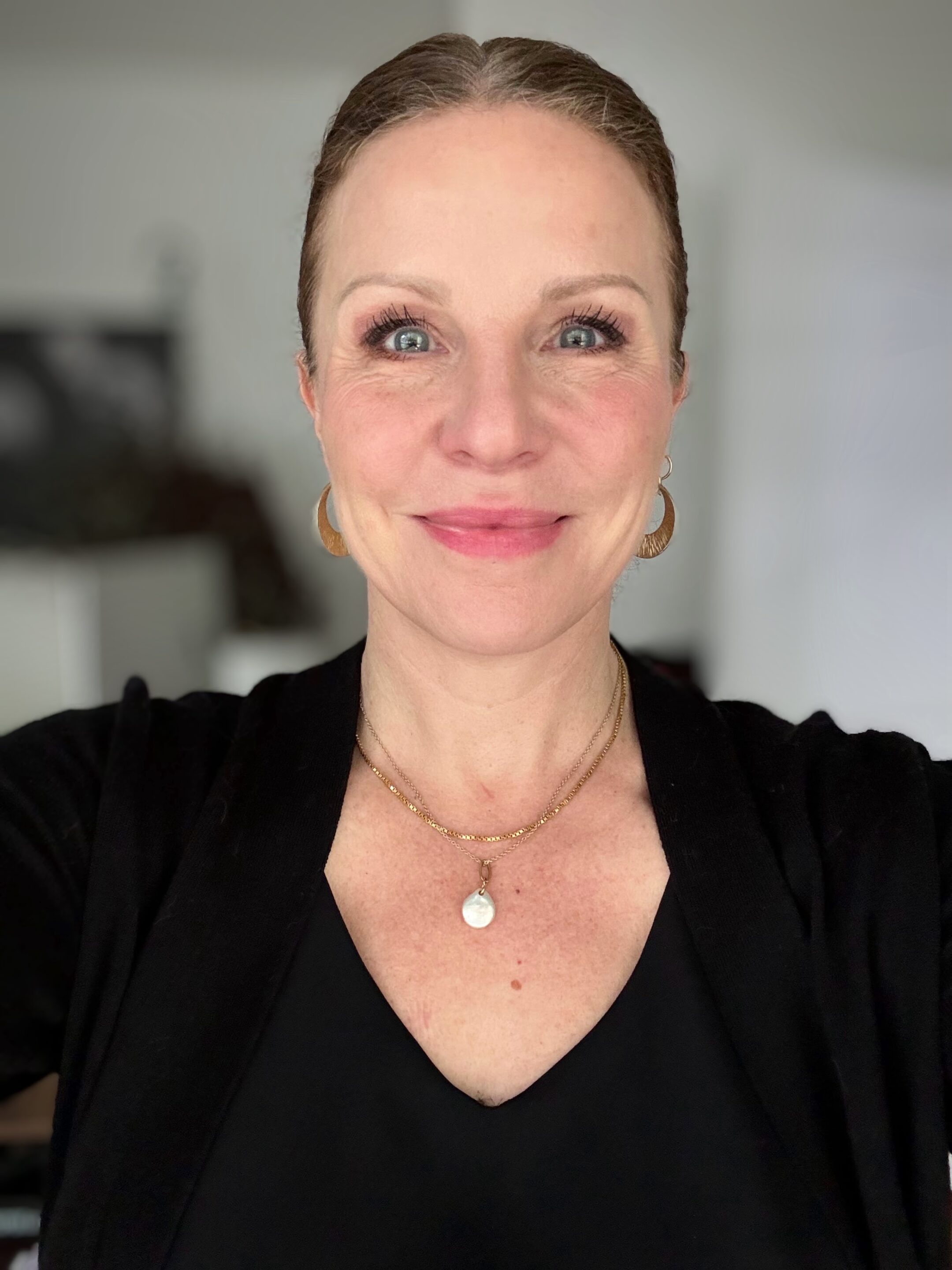
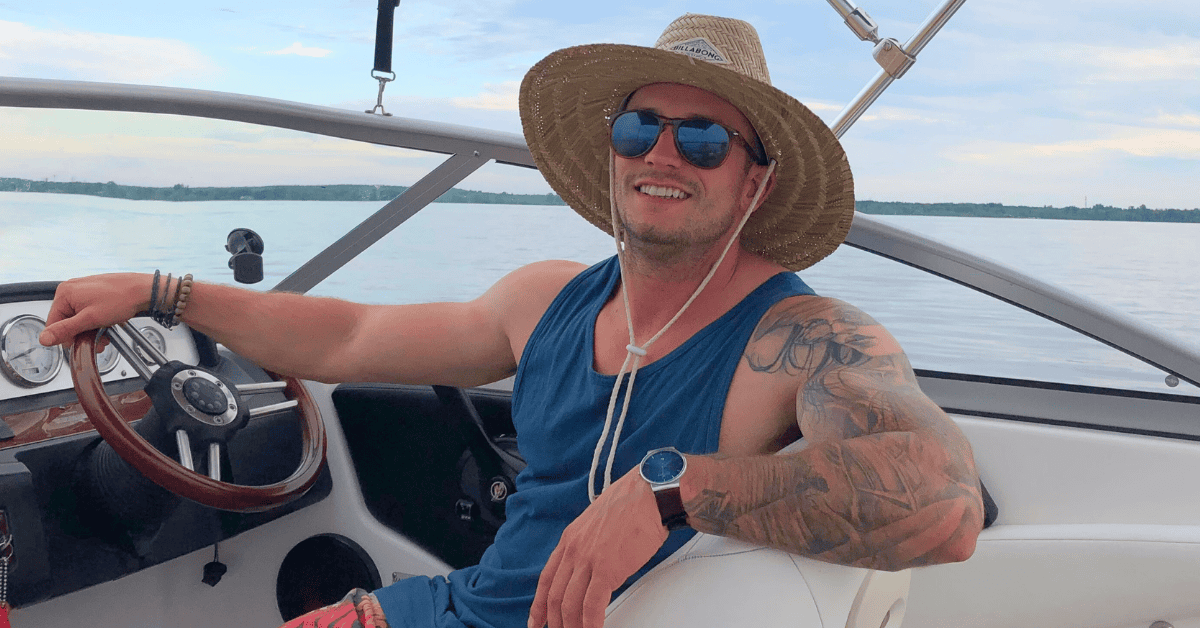


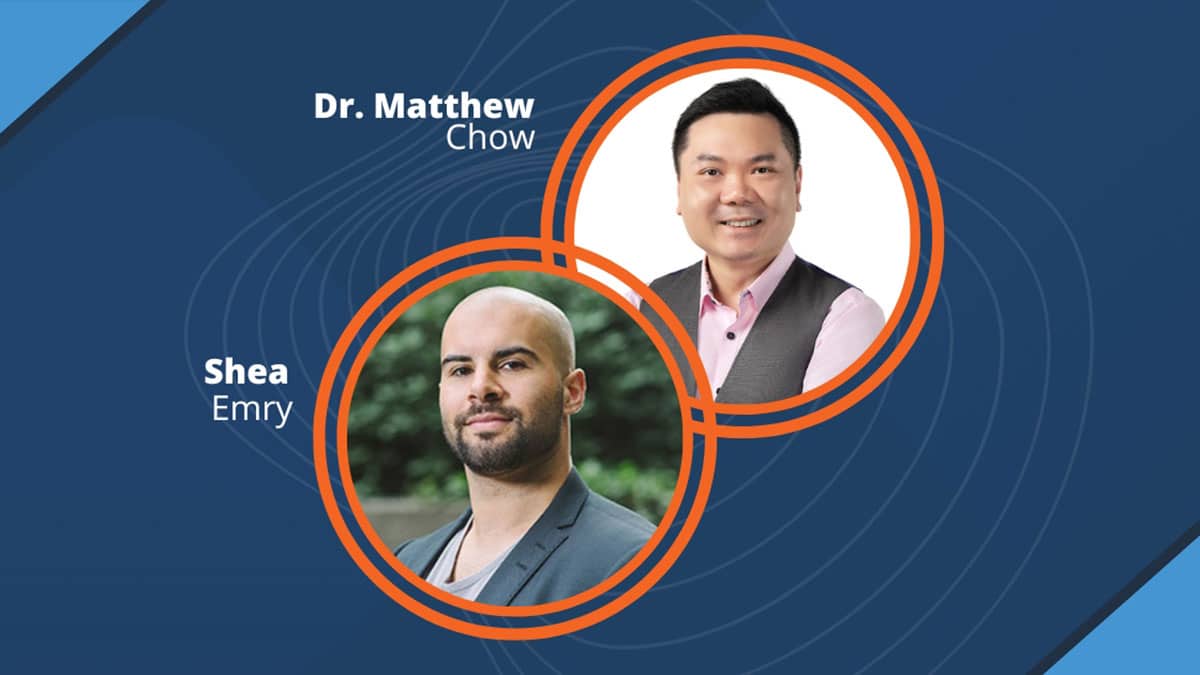
Let’s Talk!
Did you enjoy this article? Let us know in the comments.
0 Comments